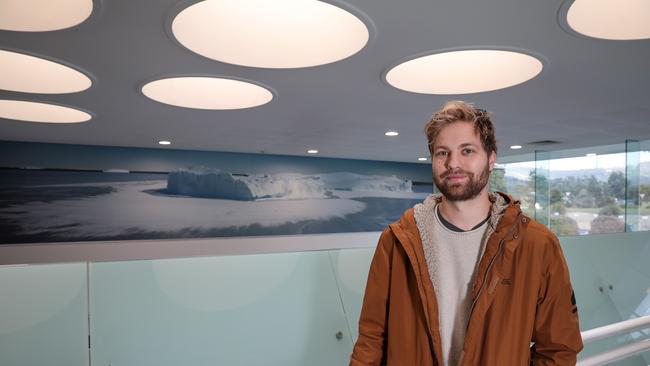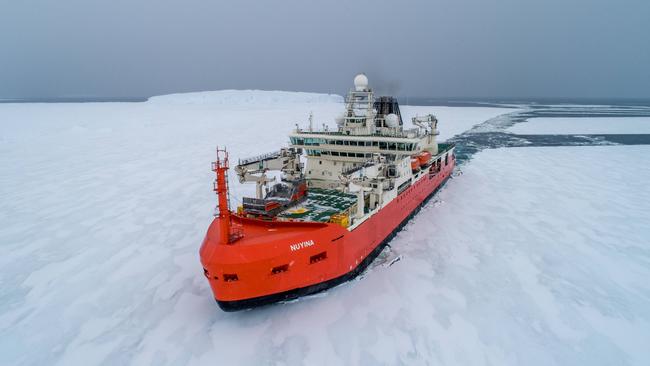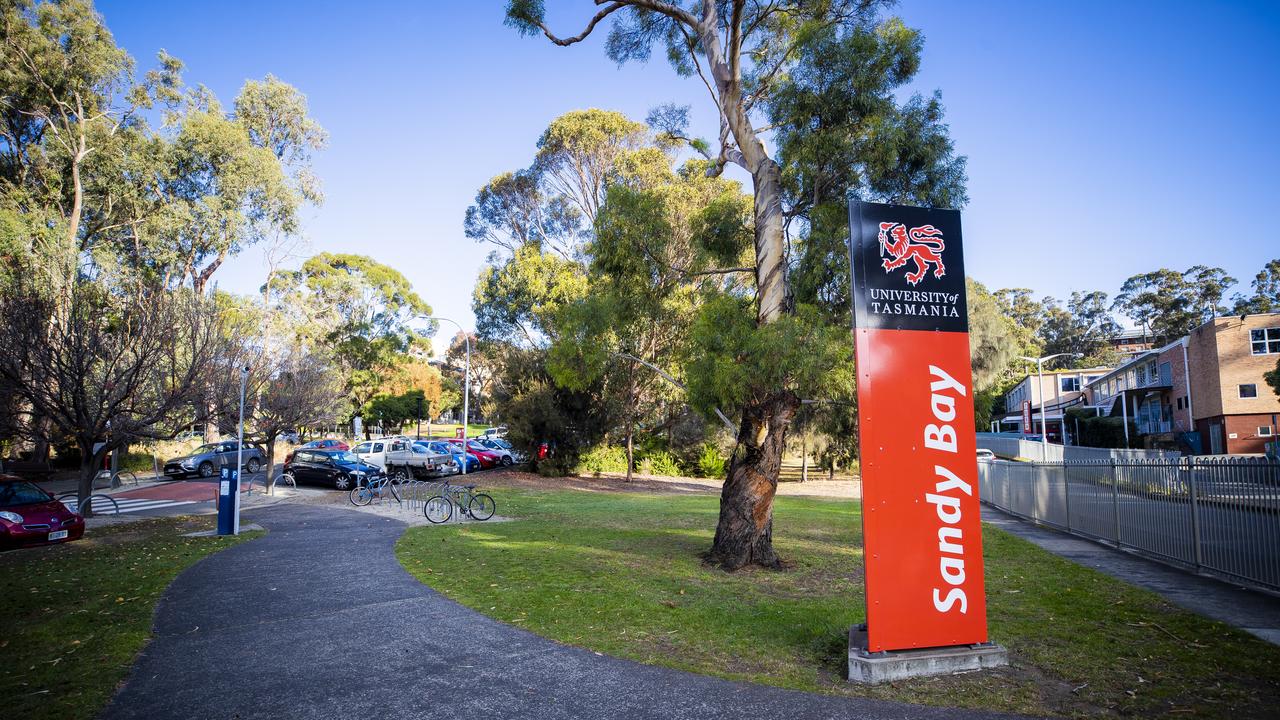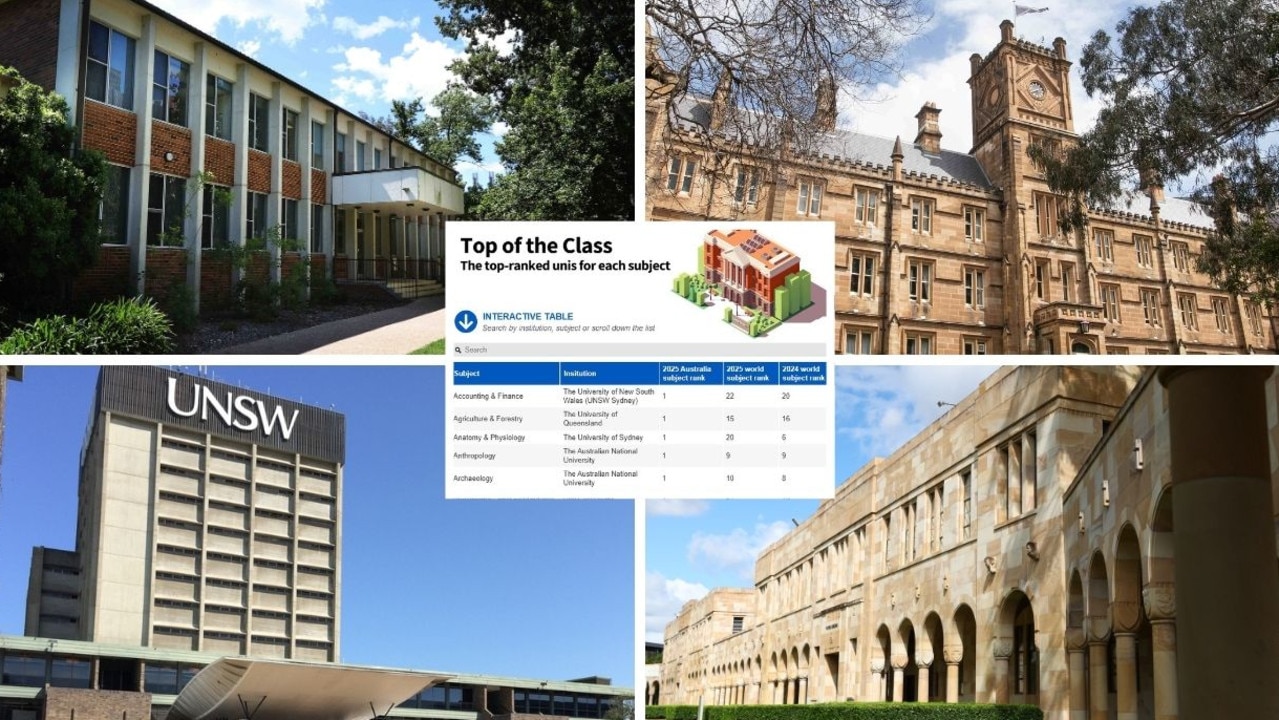Expedition of a lifetime: UTAS PhD candidate says he can’t live without chocolate on Antarctic voyage
Benjamin Viola is about to embark on the adventure of a lifetime to research seabirds and the scope of climate change – but he’s made sure he’s packed one essential item for his six month trip.

Tertiary
Don't miss out on the headlines from Tertiary. Followed categories will be added to My News.
Benjamin Viola is about to embark on the adventure of a lifetime, and he’s made sure to pack enough chocolate to last throughout his polar expedition.
Five weeks ago, the University of Tasmania Institute of Marine and Antarctic Studies PhD candidate was given the green light to spend the summer on a field trip to Antarctica.
“It’s been very chaotic, but I think that’s the case with any field work. You need to be comfortable with an element of chaos because it comes with the job,” Mr Viola said.
While there, he’ll be researching how flying seabirds use their marine habitat, through tracking equipment that he will deploy on the birds.
“I put that into the scope of climate change and understand how those habitats are changing under different climate scenarios,” he said.

“There’s a few different species we’re looking at – the snow petrel and the cape petrel for this mission.
“The adélie penguin is the other one we’re focusing on for long-term monitoring programs. Because it’s long term, the value is in seeing those multi-decadal changes.”
Bringing with him in his 55kg of unaccompanied consignment is extra clothes, books and, most importantly – chocolate and lollies.
“Apparently there’s a lot of chocolate down on station but from what I’ve heard it was dark chocolate and I’m a big milk chocolate fan,” he said.
Mr Viola will be leaving on the Australian Antarctic Division’s RSV Nuyina on Tuesday, and will spend one-month in the Southern Ocean making on-board observations.

When the icebreaker arrives at Davis Station, Mr Viola will be flown to Mawson station where will undertake field training before heading to a remote research area.
“There’s a good chunk of field work where it’s just two of us out at a remote field site and we’re in a pod that’s as transparent as a tent,” he said.
“Once we get the all clear to go over to our research base and do a couple of trips over to drop off some equipment and our food – It’s a sledge over, so we hike with our equipment behind us, and then we’re there for three and a half months which is the coolest thing.”




